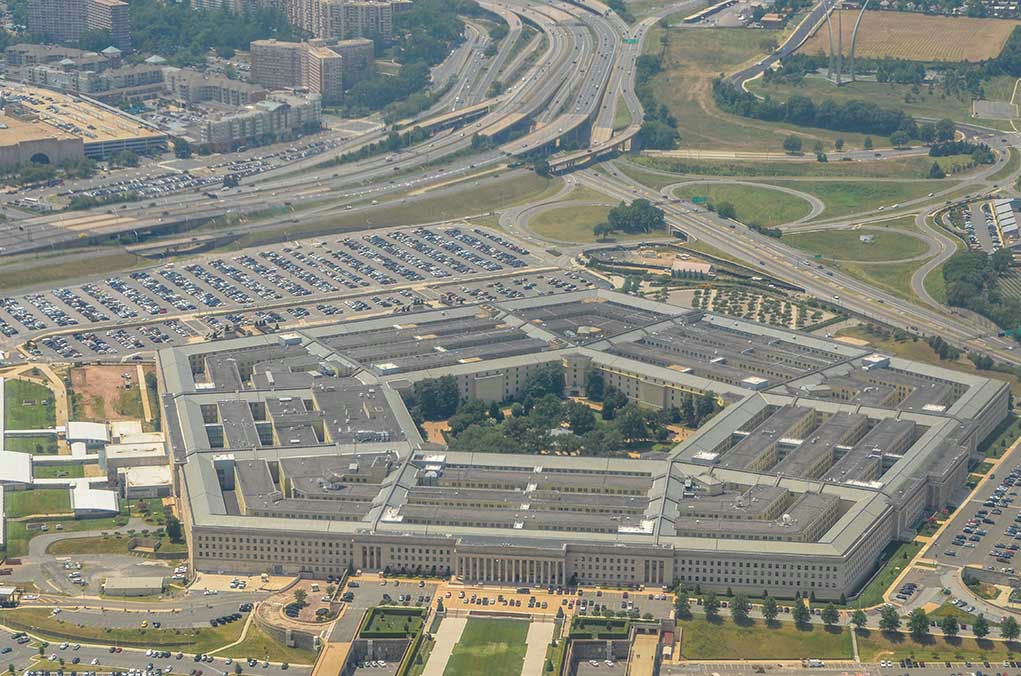The Pentagon’s abrupt withdrawal from think tank events has sent shockwaves through the policy world, leaving many to question what this means for future U.S. defense discourse.
Pentagon Pulls Plug on Think Tank Events
The Department of Defense (DOD) has announced a sweeping suspension of its participation in think tank events. This decision comes on the heels of the Pentagon’s withdrawal from the 2025 Aspen Security Forum, citing a misalignment of values. The move signals a substantial change in how the DOD interacts with external policy forums, which have long served as platforms for dialogue on national security and defense policy.
.@PeteHegseth: "The DoD will be merit-based and colorblind. You will be judged based on how good you are at your job.”
This is how it should've ALWAYS been.
Thank you, Pete, for restoring regular order at the DoD. pic.twitter.com/IlZyf0tRgf
— Gunther Eagleman™ (@GuntherEagleman) March 27, 2025
The decision is rooted in a new directive mandating a comprehensive vetting process conducted by the DOD’s Office of Public Affairs. This process aims to ensure that future engagements align with the current administration’s values. The suspension affects not only the Aspen Security Forum but also other high-profile events and think tanks such as the Halifax International Security Forum and the Heritage Foundation.
Implications of the DOD’s New Directive
The suspension of think tank participation has immediate and far-reaching implications. In the short term, it reduces the visibility of the DOD at major policy forums, which could disrupt scheduled events and panels. This decision increases scrutiny of think tank agendas and raises questions about the future of open policy dialogue between the DOD and external experts.
In the long term, this policy shift risks politicizing DOD public engagement, as participation may become contingent on perceived ideological alignment. This could erode trust and collaboration between the DOD and the broader policy community, potentially chilling open discourse and debate.
Key Stakeholders and Their Roles
Several key stakeholders are involved in this unfolding situation. The DOD is responsible for implementing the new policy and ensuring alignment with administration values. The Office of Public Affairs is tasked with conducting the vetting process for all event participation. Organizations such as the Aspen Institute and other think tanks are directly affected, as they rely on DOD engagement to maintain their legitimacy and relevance.
SCOOP: The Pentagon is suspending participation in think tank events until further notice, per an email obtained by @politico, a major shift in engagement.
It comes a week after DOD pulled out of Aspen Security Forum citing “the evil of globalism."https://t.co/ob5F9r7qLG
— Jack Detsch (@JackDetsch) July 24, 2025
Defense Secretary Pete Hegseth and Pentagon Spokesperson Sean Parnell play crucial roles in this process. Hegseth is a key figure in initiating the withdrawal from the Aspen Security Forum, while Parnell is responsible for publicly articulating and enforcing the policy.
Broader Impact and Expert Perspectives
The broader impact of the DOD’s new directive extends beyond immediate policy forums. Economically, think tanks and event organizers might face challenges due to the loss of high-profile DOD participation. Socially, the quality and diversity of national security discourse could suffer, while politically, the move may fuel further polarization as it is interpreted through partisan lenses.
Experts are divided on the policy’s implications. Some warn that restricting DOD engagement with think tanks could undermine informed policy debate and transparency. Others argue that thorough vetting is necessary to prevent associations with organizations that may have conflicting agendas or values. Scholars emphasize the critical role think tanks play in bridging government and civil society, warning against exclusionary policies that could weaken this ecosystem.

